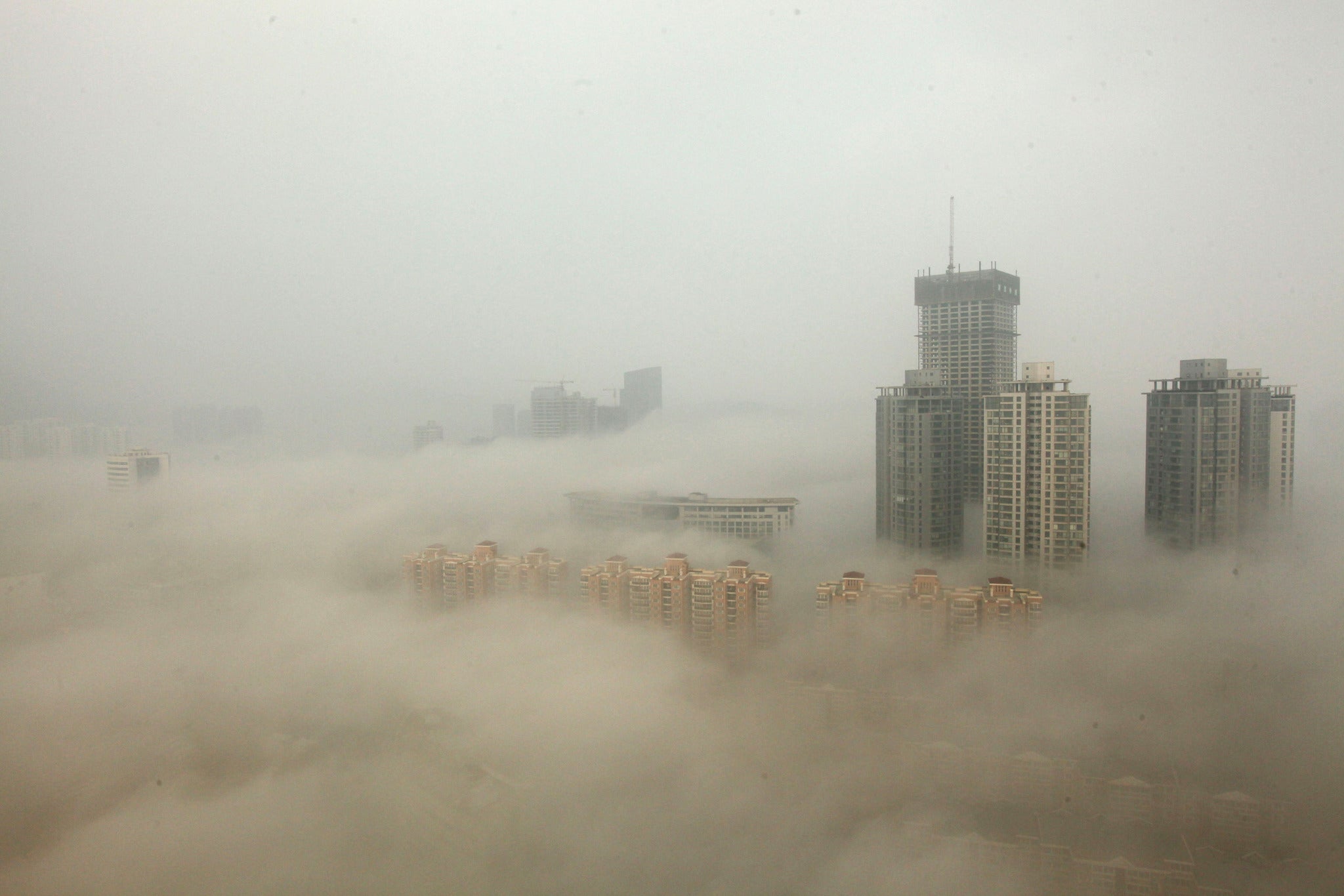UK and US main barriers to addressing climate change, survey finds
While people in China and the rest of Asia want their governments to be ambitious in tackling environmental damage, many in the West want their representatives not to do anything at all

Your support helps us to tell the story
From reproductive rights to climate change to Big Tech, The Independent is on the ground when the story is developing. Whether it's investigating the financials of Elon Musk's pro-Trump PAC or producing our latest documentary, 'The A Word', which shines a light on the American women fighting for reproductive rights, we know how important it is to parse out the facts from the messaging.
At such a critical moment in US history, we need reporters on the ground. Your donation allows us to keep sending journalists to speak to both sides of the story.
The Independent is trusted by Americans across the entire political spectrum. And unlike many other quality news outlets, we choose not to lock Americans out of our reporting and analysis with paywalls. We believe quality journalism should be available to everyone, paid for by those who can afford it.
Your support makes all the difference.They're the two biggest emitters of greenhouses gases in the world — but the US and China have very different ideas about tackling the problem of climate change.
In a new survey taken months before officials meet for perhaps the most significant climate change talks ever held, YouGov found that people the US and UK lag far behind countries including China in wanting those talks to produce a meaningful commitment to address climate change.
In December, international representatives will meet in Paris to discuss an international agreement that some think could be humanity's last chance to limit the terrible effects climate change could have on the world and its population. But much of the US and the UK don't want their governments to do anything at all.
In the US, 17 per cent of people “do not agree to any international agreement that addresses climate change”. That number is 7 per cent in the UK.
In China and Indonesia, on the other hand, it is only 1 per cent. In China, 60 per cent of people want their representatives to “play a leadership role in setting ambitious targets to address climate change as quickly as possible” — in the UK, that number is 41 per cent.
Reluctance in the UK and US for officials to address climate change might be a result of the belief among many that there is no problem at all. Asked "how serious a problem, if at all", it was, 32 per cent of people said either not at all or not very.
Part of China’s concern about climate change will be provoked by how clear its effects have been. Recently urban areas have been hit by huge air pollution, increasing the awareness of climate change among the population.
But those differences are likely to change the way that the negotiations in December are handled, as well as how their results are seen. Around the world most people want their governments to set ambitious targets and so could end up disappointing if the climate change talks fall through.
But given the unwillingness of people in the UK and US — major polluters, as well as international powers — to ask for similarly ambitious targets, talks could be held back. “Despite some lingering doubts, particularly in the US, a failure to reach an agreement in Paris would likely be met with disappointment throughout much of the world,” YouGov notes.
YouGov’s data was based on surveys conducted between May 22 and May 27. The company noted that in China all questions were taken online, which could have affected the results.
Join our commenting forum
Join thought-provoking conversations, follow other Independent readers and see their replies
Comments